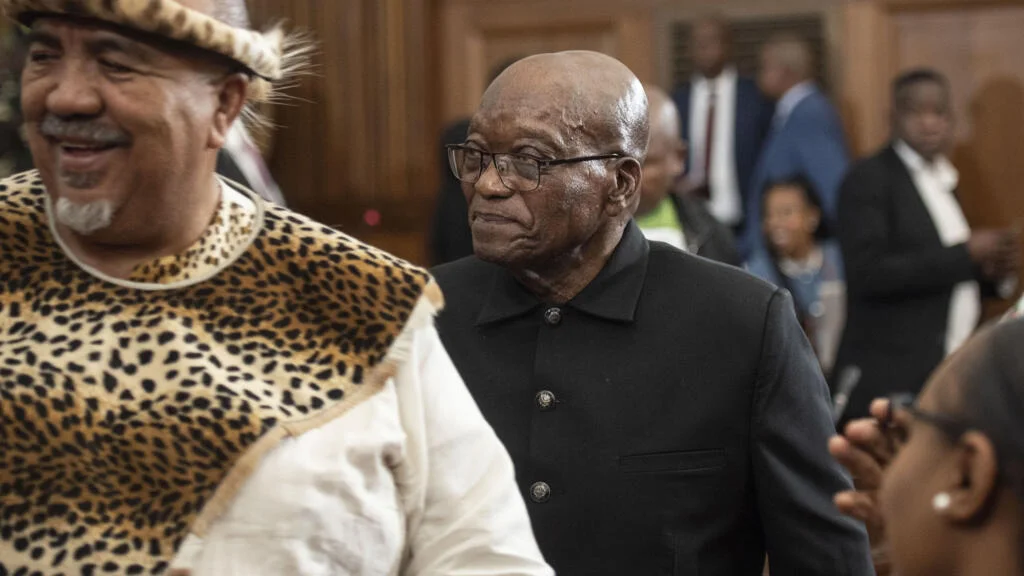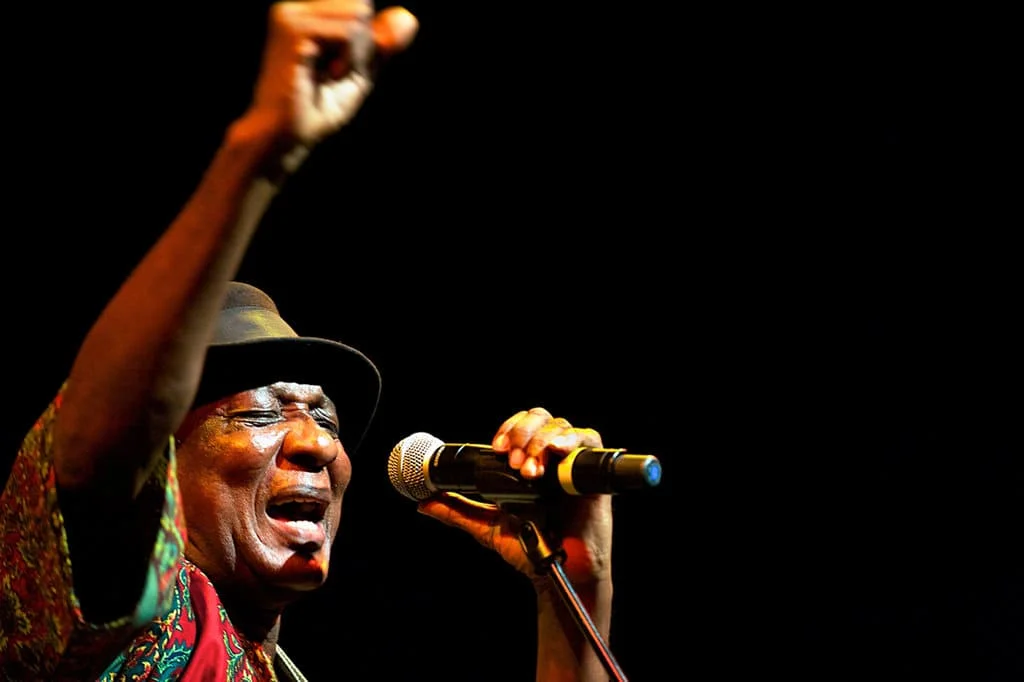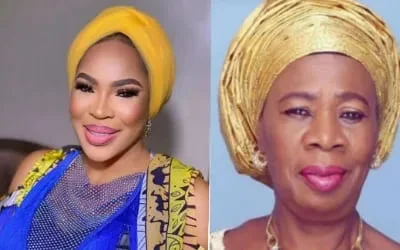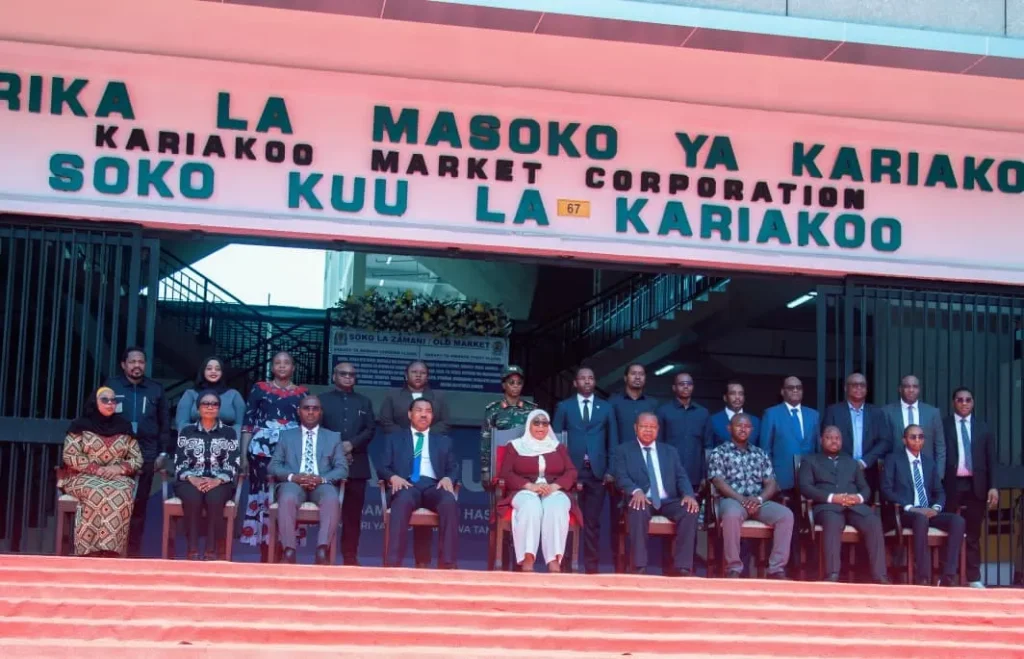Former South African President Jacob Zuma is mounting a bold campaign with the uMkhonto we Sizwe (MK) party, challenging his former allies in the African National Congress (ANC) in a pivotal election. As South Africa marks decades since the end of apartheid, Zuma’s return could disrupt the ANC’s dominance, potentially forcing it into a coalition government for the first time since 1994.
A New Political Force Emerges
Jacob Zuma, now in his 80s, has aligned himself with the uMkhonto we Sizwe (MK), meaning Spear of the Nation in Zulu, a small radical party named after the ANC’s former armed wing. The election, where South Africans vote for parliament members who then select the president, is shaping up to be the most competitive since the dawn of democracy. After 30 years in power, the ANC faces the risk of losing its absolute majority, with polls indicating its support may dip below 50 percent, a historic shift from its previous 57 percent.
Marianne Séverin, a South Africa specialist, noted that Zuma’s campaign could siphon votes from the ANC, particularly in KwaZulu-Natal, the country’s second-largest province. An Ipsos survey suggests the MK party could secure over 8 percent of the vote, capitalizing on Zuma’s enduring popularity despite his controversial past.
Zuma’s Controversial Legacy
Zuma, who served as president for nine years, was ousted amid corruption allegations. He faced a 15-month sentence for contempt of court after refusing to testify at a corruption inquiry, sparking violent unrest that claimed over 350 lives, marking South Africa’s worst violence since apartheid’s end. Released after two months for health reasons and later granted clemency by President Cyril Ramaphosa, Zuma also faces a long-standing bribery case involving defense firm Thales. A report implicated him in widespread state corruption, yet he denies these charges, accusing the ANC of scapegoating him for its own failures.
Zuma’s legal battles continue, with the government attempting to disqualify MK from the election and challenge his candidacy. He has also denied allegations of forging signatures to register MK, as the party awaits a court ruling on his eligibility to appear on the ballot.
Tapping into Historical Significance
Drawing on his anti-apartheid credentials, Zuma evokes his time imprisoned alongside Nelson Mandela on Robben Island and his role as the ANC’s intelligence chief during its exile. He claims the ANC has strayed from its roots, calling its leaders traitors and urging supporters to take back the country. The MK’s name resonates with the ANC’s revolutionary past, amplifying Zuma’s appeal as a powerful orator who remains popular, particularly in KwaZulu-Natal.
A Test for ANC’s Dominance
The ANC’s declining support reflects public frustration with corruption, poverty, and inequality. Zuma’s campaign exploits this discontent, positioning MK as a radical alternative. If the ANC fails to secure a majority, coalition talks could reshape South Africa’s political landscape, challenging the party’s three-decade reign. Zuma’s resurgence underscores the complexities of South Africa’s democratic journey, balancing historical legacy with contemporary challenges.






